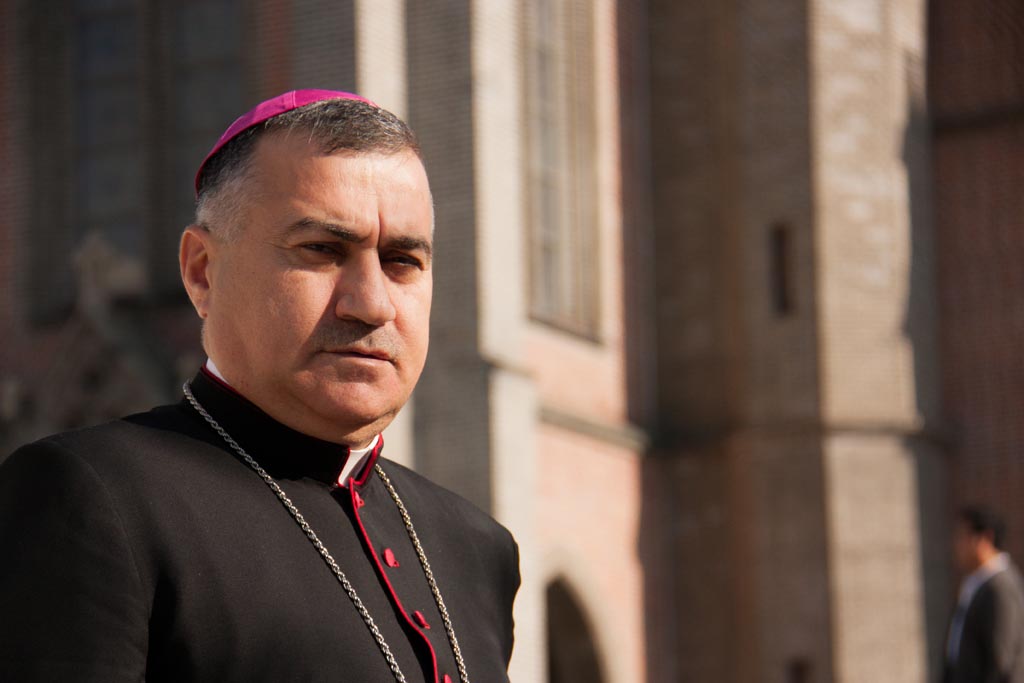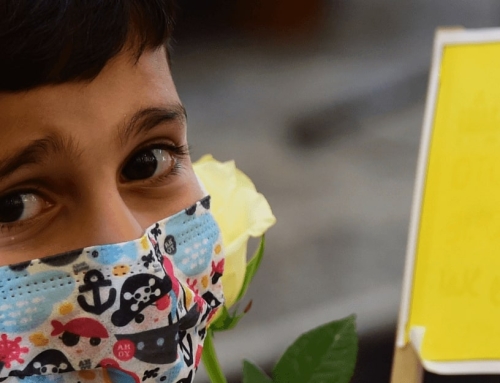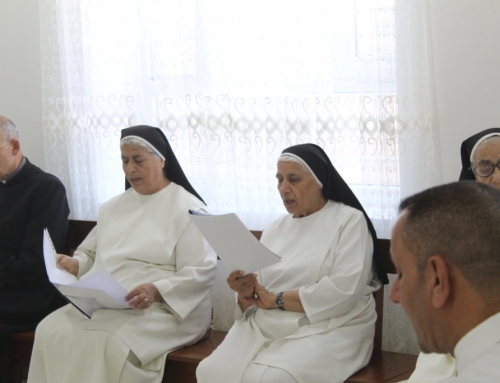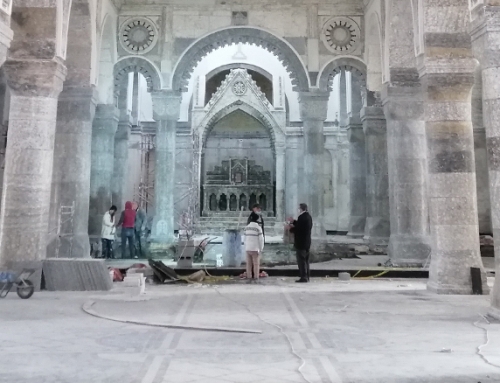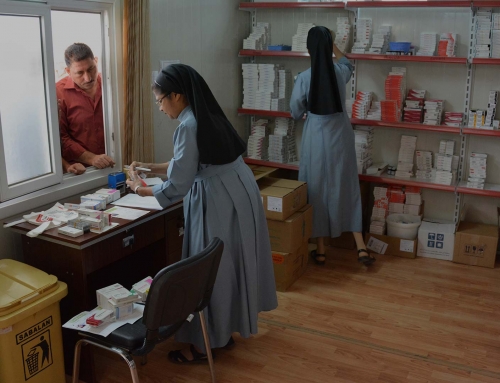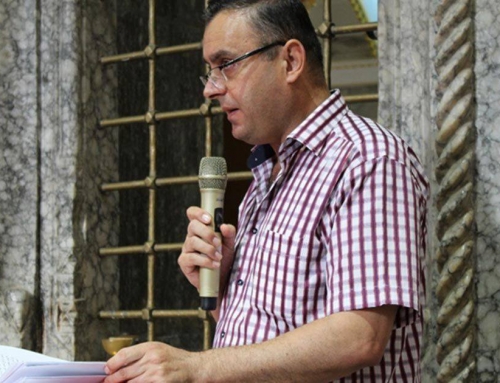An Iraqi archbishop has accused the BBC of ignoring the plight of persecuted Christians in its recent documentary ‘Once Upon a Time in Iraq’. Rt Rev Bashar Warda, the Chaldean archbishop of Arbil, claims that the stories of those oppressed because of their faith have been “airbrushed” out of the film.
The five-part series takes a deep-dive look at the legacy of the 2003 invasion of Iraq, the fall of Saddam Hussein and the subsequent rise of Islamic extremism, culminating in the terrorising reign of ISIS/ISIL.
Thousands of Christians and Yazidis were enslaved, raped and murdered by ISIS during the group’s occupation. In 2016 the European Union recognised the persecution of Christians by ISIS as ‘genocide’ by a unanimous vote.
In light of this, Archbishop Bashar wrote to BBC in outrage at their alleged censoring of the issue: “How can this be? Had we not suffered the war and its aftermath just like our Muslim brothers and sisters? Do you understand the persecution we have suffered in our homeland? And that Christians have existed in this land for 2,000 years, the Mandaeans and Yazidis for even longer?
“Does the persecution, murder and rape within our minority communities not count? Are our experiences of the 2003 invasion . . . irrelevant? Minority communities have felt and continue to feel voiceless in our persecution and suffering in Iraq; to be then airbrushed out of a . . . major BBC documentary is wounding and damaging.”
He requested that the glaring omissions be “rectified so far as it is possible”.
A BBC spokeswoman told The Times: “This highly-acclaimed series from award-winning producers KEO does not claim to offer a definitive history of the Iraq War or its people; rather it seeks to tell the stories of individuals from many sides of those conflicts – civilians, soldiers and journalists — allowing the audience to understand the impact of war on a personal level, and what it was like to live through key moments.”

